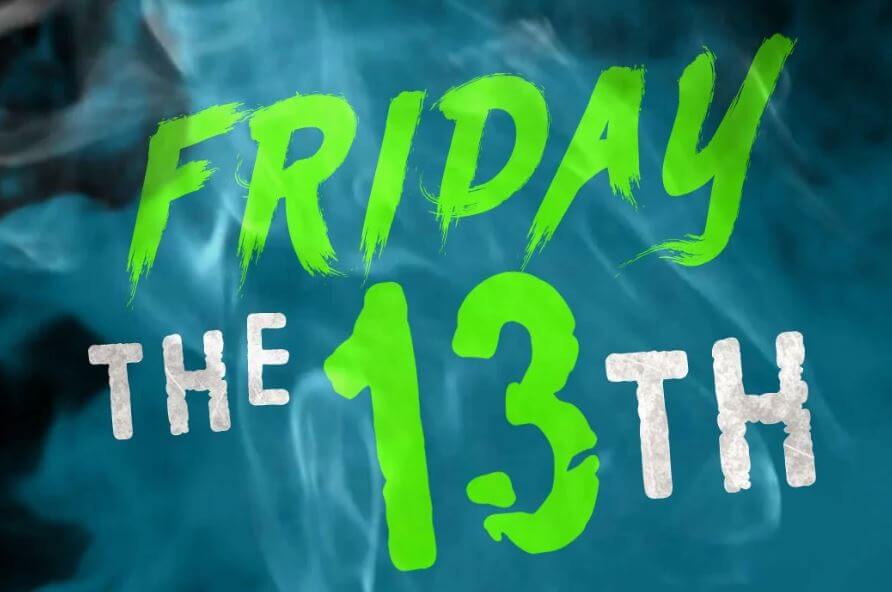Friday the 13th is considered an unlucky day in Western superstition. It occurs when the 13th day of the month in the Gregorian calendar falls on a Friday, which happens at least once every year but can occur up to three times in the same year.
The origins of the Friday the 13th superstition are unclear, but it is thought to be a combination of two factors: the Christian belief that Jesus was crucified on a Friday, and the fear of the number 13.
In the Bible, 13 is often associated with misfortune. For example, there were 13 guests at the Last Supper, one of whom, Judas, betrayed Jesus. Additionally, the Tower of Babel was said to have been 13 stories tall, and the Flood lasted for 13 months.
The number 13 is also considered unlucky in many cultures around the world. For example, in Norse mythology, the 13th guest at a feast was Loki, the god of mischief. And in tarot, the 13th card is the Death card.
The Friday the 13th superstition has been around for centuries. In fact, the first recorded mention of it was in the 19th century. But it wasn’t until the 20th century that the superstition really took off. This was due in part to the popularity of horror films like “Friday the 13th” (1980), which featured a killer named Jason Voorhees who stalked and murdered his victims on Friday the 13th.
Today, the Friday the 13th superstition is still popular, although it is not as widely believed as it once was. Some people avoid making important decisions or traveling on Friday the 13th, while others simply try to be more cautious.
Of course, there is no scientific evidence to support the claim that Friday the 13th is an unlucky day. But that doesn’t stop many people from believing it. And after all, a little bit of superstition can be fun, right?
Image Courtesy: wwaytv3
